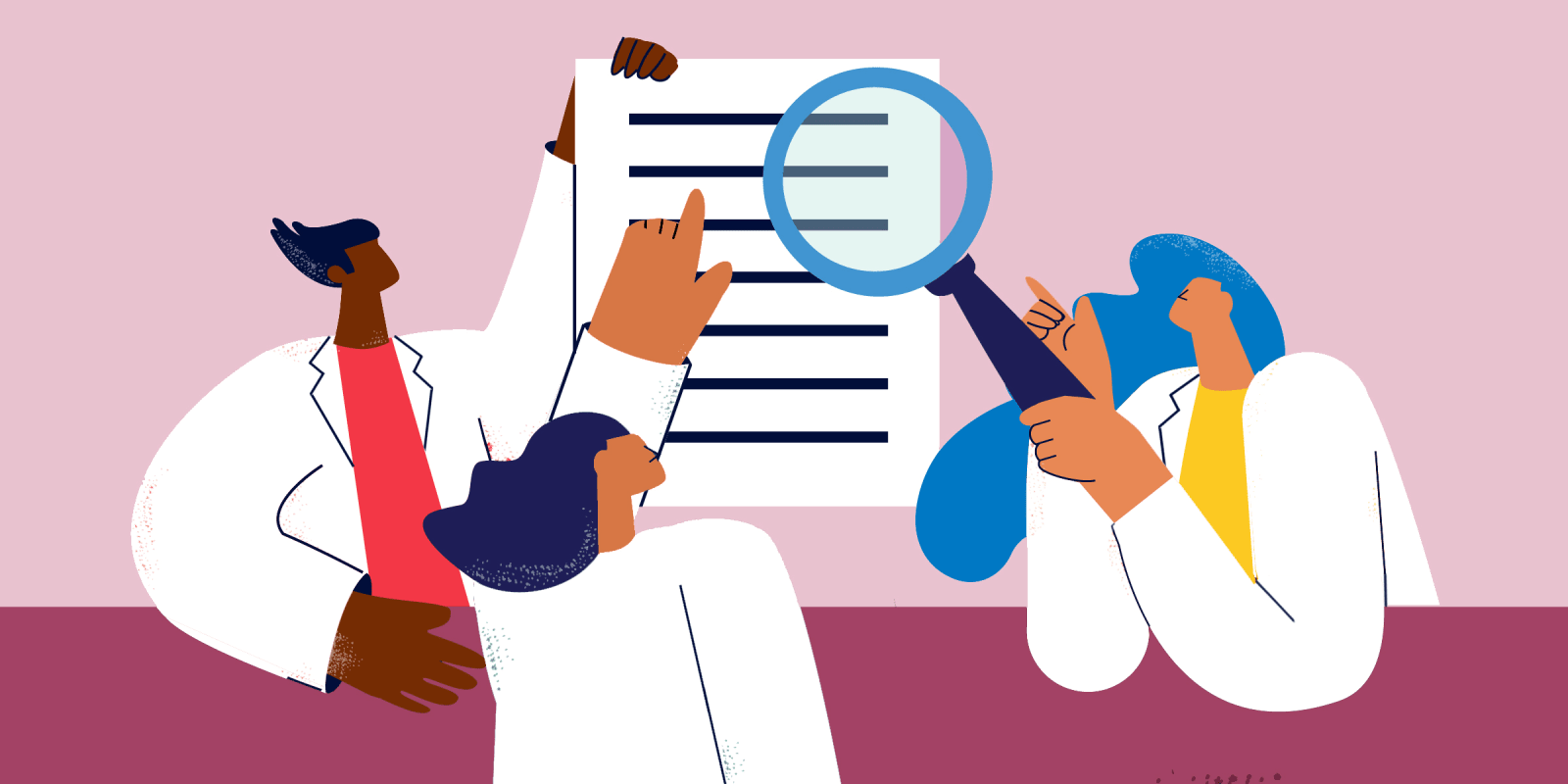“Everyone thinks I’m a drug-seeking addict, Doc!” he said, tears streaming down his face. “When I ask for pain medications, they never want to give me any; I don’t know what to do.” I had only met this gentleman a few hours before but could already tell how stigmatized he felt by his clinicians. His medical chart was littered with phrases like “opioid abuse,” “benzo dependence,” and “substance abuse.” He was admitted for a severe infection and was in a lot of acute pain and obviously needed analgesic medications. And yet, the clinicians on his team did not feel comfortable providing them to him given his substance use history. Unfortunately, this scenario is not uncommon. I have often encountered non-addiction trained clinicians who falsely believe that providing any amount of controlled substance (e.g., opioids, benzos, etc.) to a patient with a substance use history will lead to the development — or the worsening — of a substance use disorder.
From what I can see, this misguided belief stems from the way drug use is classified in the medical lexicon. The ICD-10, aka the 10th edition of the International Classification of Disease codes, is filled with inappropriate and outdated terms that make my stomach knot up when they appear in the charts of people who use drugs (PWUDs). The phrase “substance abuse” is a key example. “Abuse” is a specific term that refers to treating someone or something with cruelty or violence, as in “sexual abuse.” It can come in many forms, such as physical or verbal maltreatment, assault, violation, unjust practices, or other types of aggression. Therefore, when it comes to describing a person’s relationship to substances, “abuse” has no place. In fact, using the term “substance abuse” (one can fill in the blank with any substance — opioid abuse, alcohol abuse, cocaine abuse, benzodiazepine abuse, etc.) has been shown to result in worse treatment and more bias against patients.
Another commonly misused term is “substance dependence.” Crucially, a dependence on a drug is not the same as an addiction. Physical dependence develops when our bodies adapt to the chronic presence of a drug to maintain function; sudden absence of the drug may lead to withdrawal symptoms. One could say that people who use insulin are “insulin dependent,” or those with depression who use antidepressants are “fluoxetine (or any other SSRI) dependent.” By contrast, addiction, known as substance use disorder per the DSM-5 manual, is defined as uncontrollable use of a drug despite harmful consequences. Though withdrawal is one of the criteria in the DSM-5 for addiction (in substances that are not prescribed or used as prescribed), it does not by itself equate to addiction. Therefore, conflating substance dependence with a use disorder is incorrect — and dangerous, as it can lead to the stigmatization of treatment. For instance, some PWUDs may feel like being on life-saving medications for opioid use disorder (MOUD) such as buprenorphine or methadone still equates to addiction because they consider themselves “dependent” on these medications. The negative valence of this term has made some people feel like they cannot truly achieve recovery unless they are off all MOUD — when in fact studies show that treatment with MOUD is life-saving.
How did these particular phrases enter our vernacular? The ICD-10 was first developed in 1983, a time when drug use was less well understood. In 1990, the ICD-10 was endorsed by the World Health Assembly, and in 1994 it was adopted globally. In tandem with the ICD-10 was the revision of the DSM manual; editions 3, 3-R, and 4 were introduced in 1980, 1987, and 1994, respectively. The terms “substance abuse” and “substance dependence” are remnants from these previous editions. In 2013, the DSM-5 was published with new terms — but the old terms still rattle around in many clinicians’ brains. Disturbingly, the latest version of the ICD, which went into effect in January 2022, still includes “opioid abuse” in its diagnosis codes.
As someone who treats PWUDs every day, I know firsthand that the ICD-10 codes of “substance dependence” and “substance abuse” are both imprecise and stigmatizing. In searching for replacement terms to use, I’ve looked to recommendations made by the National Harm Reduction Coalition (NHRC), a nation-wide organization that advocates for PWUDs. The NHRC suggests using “person first” language, e.g., “substance use disorder” (which can be further specified as mild, moderate, or severe based on the number of DSM-5 criteria met) over “substance abuse”; “person with substance use disorder” over “addict”; and even the straightforward “substance use” (if the patient does not meet criteria for a substance use disorder) to reduce stigma and bias.
The gentleman who I took care of that day is one of hundreds of PWUDs seen by the inpatient addiction consult service whose stigmatization based on chart history led to suboptimal medical treatment. In his case, it took me providing daily reminders to the primary medical team over the course of a week to have his acute pain medication regimen adjusted to the point of efficacy. As an addiction care specialist, it often feels like my job is not just about treating patients, but also about advocating for them to be cared for like any other patient.
Indeed, we have miles to go to attain a medical culture that provides equitable care to PWUDs. Retiring outdated and offensive terms from the ICD-10 codes, and instead using neutral and clinically appropriate ones, is an easy and worthwhile step toward providing this group with the respect, dignity, and health care they deserve.
Have you found your medical vernacular shifting over time? Share some examples in the comments below.
Sunny Kung is an addiction medicine fellow at Massachusetts General Hospital. She completed her internal medicine residency at Brigham and Women's Hospital and medical school at the Pritzker School of Medicine University of Chicago. Originally from California, she is a Taiwanese first-generation immigrant interested in caring for minoritized populations, immigrants, patients with substance use disorders, and those experiencing homelessness. Sunny is a 2021–2022 Doximity Op-Med Fellow.
Image by liravega / GettyImages







